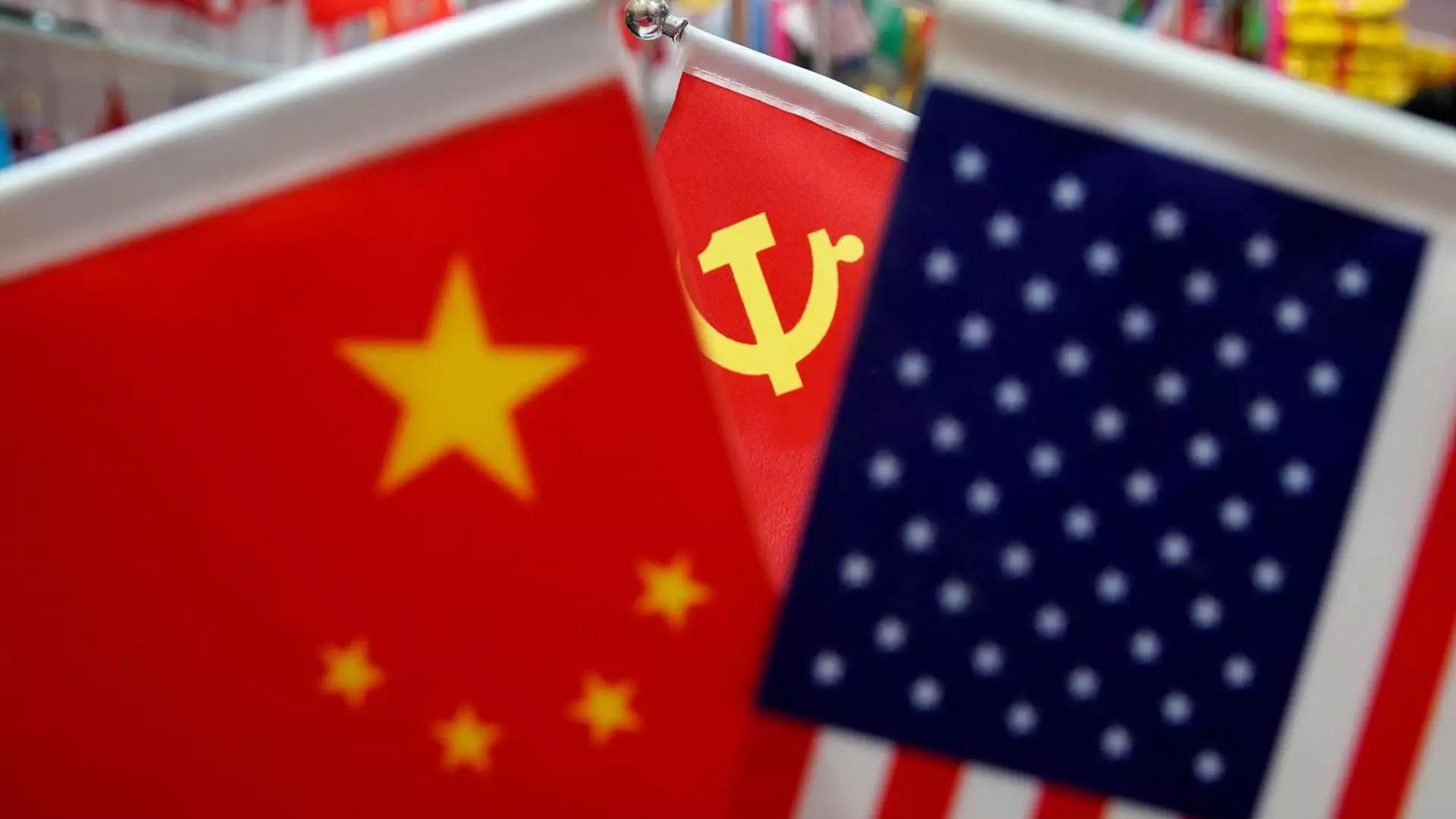As the world looks towards a new chapter in U.S. leadership under President-elect Donald Trump, the significance of collaboration between China and the United States has come into sharp focus. Responding to the evolving political landscape, Chinese officials have stressed the necessity of cooperative relations built on mutual respect, peaceful coexistence, and win-win scenarios. He Yongqian, a spokesperson from China’s Ministry of Commerce, emphasized that through enhanced communication and shared interests, both nations could address their differences while paving the way for a stable economic environment. This call for dialogue is crucial given the complexities inherent in international relations, particularly in areas of trade and technology.
The current trade dynamics between the U.S. and China are tinged with tension. Trump’s presidency has seen a notable shift in Washington’s approach to Beijing, marked by the introduction of tariffs and trade restrictions. As Trump campaigns for his second term, there are hints that he may escalate these economic pressures in the form of additional tariffs on Chinese goods. Economic analysts predict that the newly elected administration could employ measures that allow for immediate tariff imposition to address ongoing trade imbalances, utilizing legislative tools like the International Emergency Economic Powers Act.
This potential for increased tariffs raises important questions about economic stability. Some experts, however, remain skeptical about the extent to which these proposed tariffs will manifest. David Chao, a strategist from Invesco, hints that the prospective tariff strategies, especially those concerning a significant 60% levy, may not be taken as far as feared. Instead, the focus might shift towards negotiation, seeking concessions from China, such as increased purchases of U.S. agricultural exports. This speculation underscores a nuanced understanding of the geopolitical landscape, suggesting an opportunity for compromise instead of outright confrontation.
The uncertainty surrounding U.S.-China trade policies has significant implications for multinational corporations operating within these two powerful economies. Businesses are already feeling the effects of wavering tariffs, and a sudden adjustment could shake investor confidence and dampen global demand. The anticipation of a 10% tariff on all imports from China could exacerbate these concerns, leading to a ripple effect across various Asian markets. Companies are left navigating a treacherous path of adapting to regulatory changes while balancing their operational needs against potential adverse economic conditions.
The road ahead for U.S.-China relations remains fraught with challenges, but it is also rich with opportunities for constructive engagement. As officials from both nations emphasize the importance of cooperation, there is a glimmer of hope that bilateral trade relations can stabilize, provided that both sides can find common ground. Understanding the nuance of these interactions may very well dictate not only the future of economic ties but also contribute to a more harmonious global trading environment. In this ever-evolving landscape, negotiation and adaptability will be crucial in shaping the next phase of the complex U.S.-China partnership.

